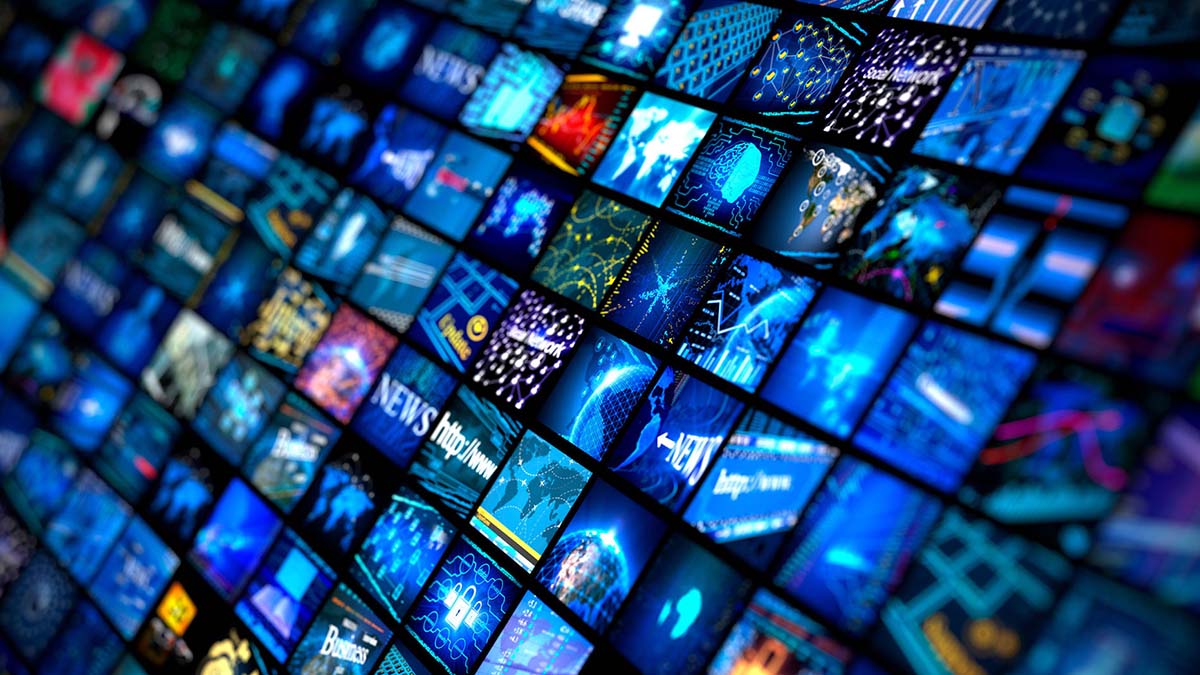The Top 5 Entertainment Industry Predictions for 2020

The global entertainment industry is quite literally flourishing, generating trillions of dollars annually. In 2019, this sector probably had the most lucrative year of all.
Just take a look at the movie industry and Disney in particular: the studio has generated several billion dollars just from six movies: Frozen II, Captain Marvel, Aladdin, The Lion King, Avengers: Endgame, and Toy Story 4. And Avengers itself generated 3 billion US dollars worldwide, becoming the number one movie in the history of cinema.
So, it’s pretty easy to imagine, yet somewhat difficult to comprehend, the amount of success the industry had in 2019. And the predictions for 2020 aren’t too shabby either. Here are some five ways in which the entertainment industry will develop next year.
1. The streaming competition will increase
So, here’s the first one: streaming wars. The world has gone a long way from physical cassette tapes and CD players from today’s streaming services like Apple Music, Netflix, and Google Stadia. Before we could access every type of content right from our device in a single press of the finger, we were submerged in this industry where everything had to be bought in the actual stores.
But here we are in a world of digital products and services. And the streaming companies, as many as they are, are engaged in a heated competition with one another.
For the longest period of time, Netflix was dominating the field without any tangible competition. However, the quality of its content wasn’t entirely on par with its conventional counterparts like Warner Bros, Universal, or other movie studios. But the recent trends indicate that the situation is changing quite drastically. Just the fact that Netflix dominates the industry with the most Oscar 2020 nominations explains a lot.
And as we plunge into 2020, the streaming industry is only going to become even more multifaceted than ever before. Besides Netflix with its gargantuan annual budget spending plans ($15 billion in 2019), there are other companies like Disney and Apple with their own respective services – Disney+ and Apple TV+, that will increase the competition level quite drastically.
2. Mobile and eSports gaming to grow even larger
The video gaming industry has long been popular among the millions of teenagers and adult gamers around the world. Since the earlier hardcore pieces like Counter-Strike 1.6, Call of Duty, and GTA San Andreas, the industry has come a long way to reach the point where it is right now.
And where is it now? Well, gaming has become a professional occupation that yields quite a lot of money. There are even some universities that teach eSports as one of their major programs. And when it comes to sporadic gaming of online live casino here and there, without any professional inclinations, the industry is simply going places.
So, as we move forward in 2020, there will be some changes in the industry with different effects. For one thing, there will be even more intense warnings about eSports bubbles and scams and it’ll undoubtedly affect some players. But perhaps more importantly, the industry will welcome new players like the abovementioned Google Stadia and its innovative method of game streaming. This, in effect, will move gaming to the next level of popularity.
3. Deepfakes and fake news will also get big
In politics, we all hear this phrase very often – fake news. It’s as if this phrase has become inherent to the way we make politics. And 2020 isn’t going to help eradicate this practice from this or other sectors.
In 2019, a practice called “deepfakes” took a lot of attraction from the public. It took our video montaging expectations and shattered them completely. When the video of Sylvester Stallone’s face “deepfaked” into Arnold Schwarzenegger’s Terminator body was released, the whole world went nuts. That’s because the footage was so uncanny that it was quite difficult to discern the heavy manipulation done to this video.
And this year, this technology is expected to make a lot more noise and have more tangible effects. Unfortunately, many of those effects won’t be entirely positive. Many critics believe that deepfaked videos will become widespread in politics, leading to increased fake news propaganda and disinformation campaigns.
4. Streaming wars continue in the music battlefield
In the first paragraph, we talked about how streaming wars will intensify in 2020. This next point also deals with streaming services but not in movies – in music. For a long time, Spotify was the only tangible solution to millions of music listeners around the world. It’s subscription rates and the overall service was in a near-perfect combination, translating into a double-digit growth of the company.
But after its alternative services hit the market, Spotify began to somewhat lose its dominance. For instance, Apple Music is considered to be one of Spotify’s biggest competitors among iOS users. But still, if it comes to comparing the two services, Spotify has a noticeable lead.
But in 2020, this might change. And the change will come not from the US, but from China. A Chinese social video music platform TikTok is having its time of glory among today’s teenagers. And since its preparing its monetization models to increase the revenues, it’s clearly going to hit Spotify right in the face.
5. AR is finally landing
The talks about Augmented Reality and how it’ll change the way we interact with the world have somewhat died down recently. And it has its reasons, because, for a very long time, companies like Apple have been bragging about their teeny tiny achievements in this technology while not offering something tangible, something really usable.
And in 2020, the arrival of AR might be finally happening. And it’s still going to be from Apple. To draw some parallels, just like the company made a huge impact on the smartphone industry by creating the iPhone, the AR Glasses (or whatever this next product will be) will undoubtedly be Apple’s next “one last thing” which will change the landscape of the industry.
As for it’s “brother” technology, VR, the prospects might not be as promising in 2020. But that doesn’t mean it has no future. Quite the contrary: as the 5G networks are slowly becoming more accessible, the AR-VR tandem will have some share of this greater pie of connectivity achievement.
(fir)




